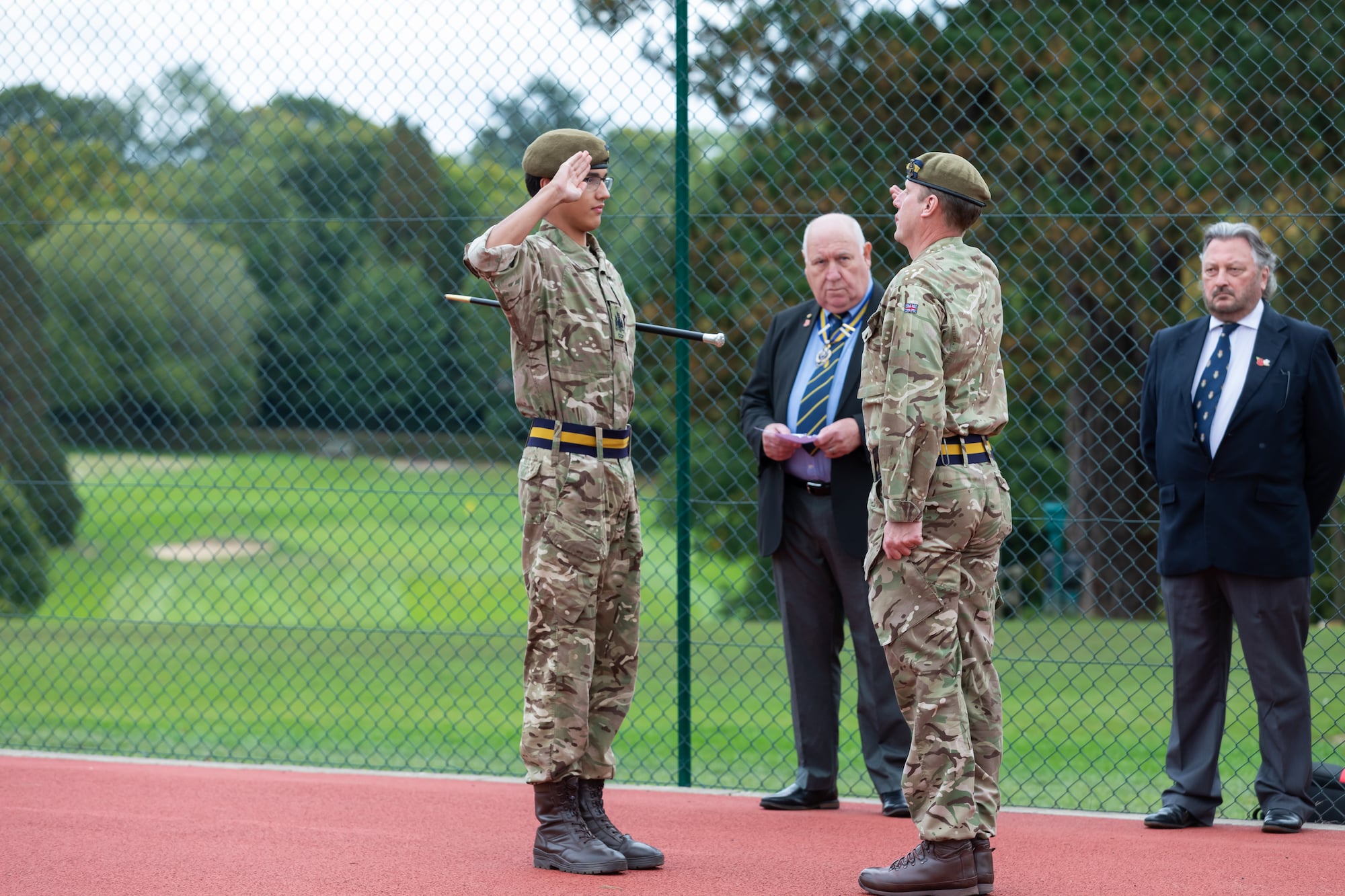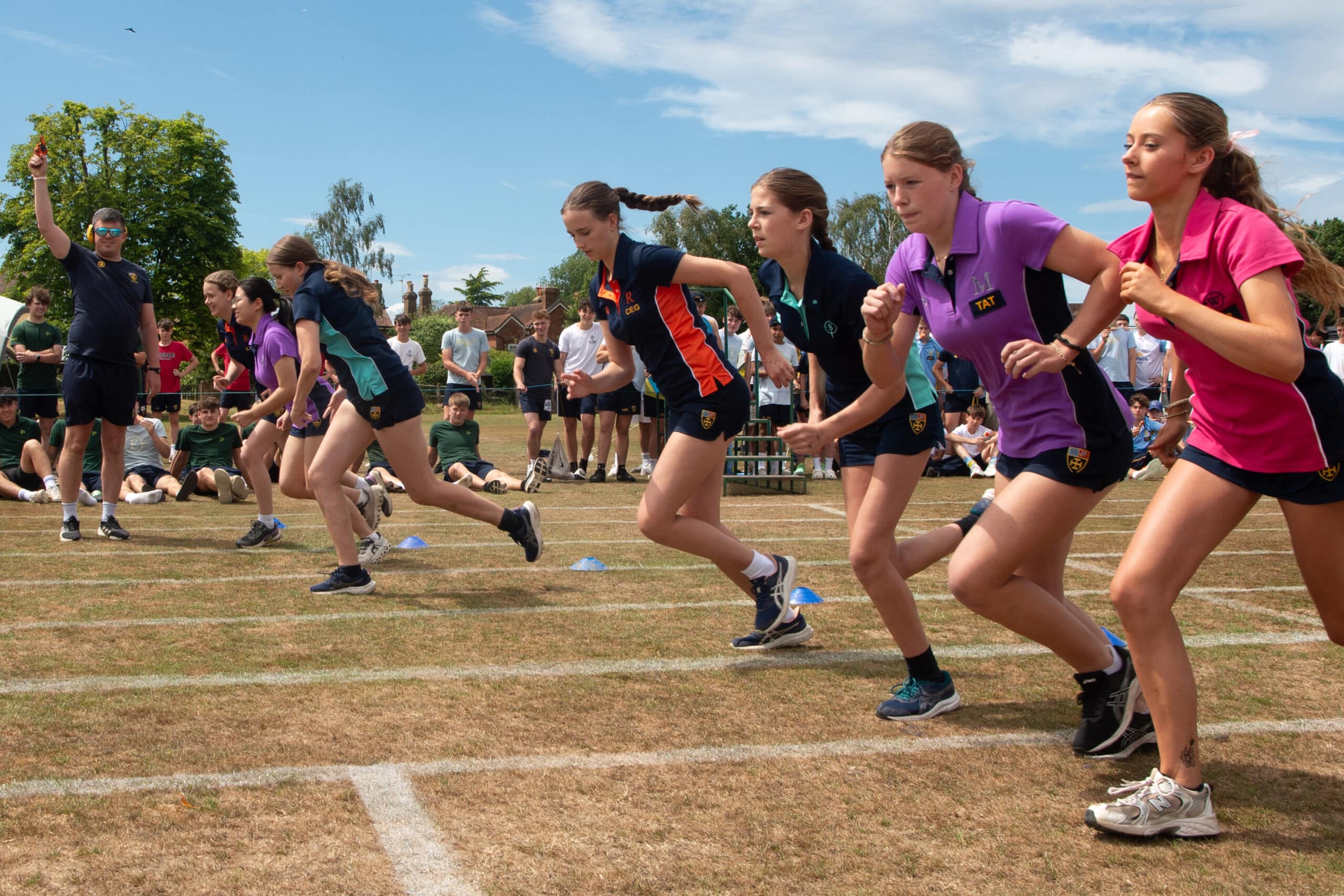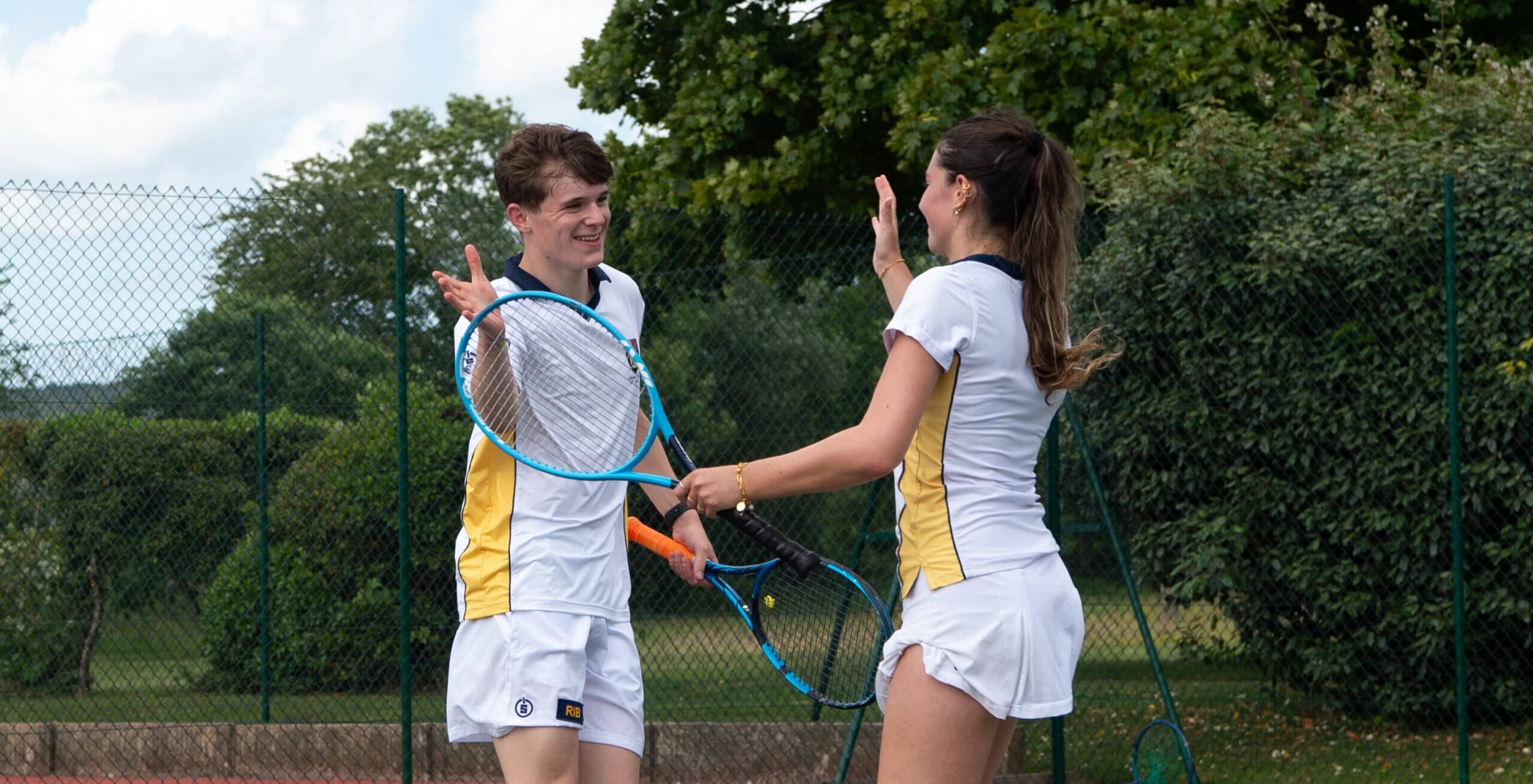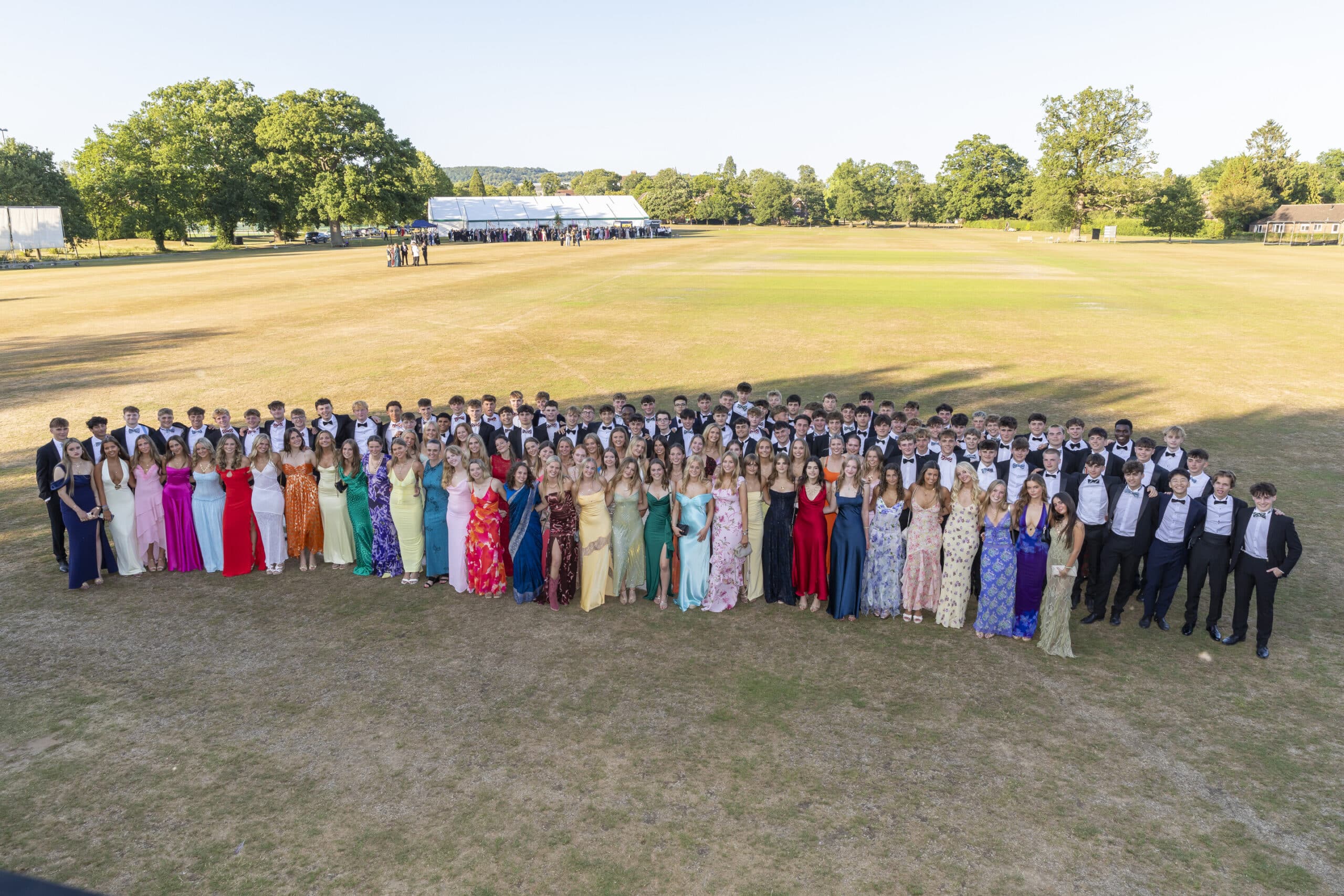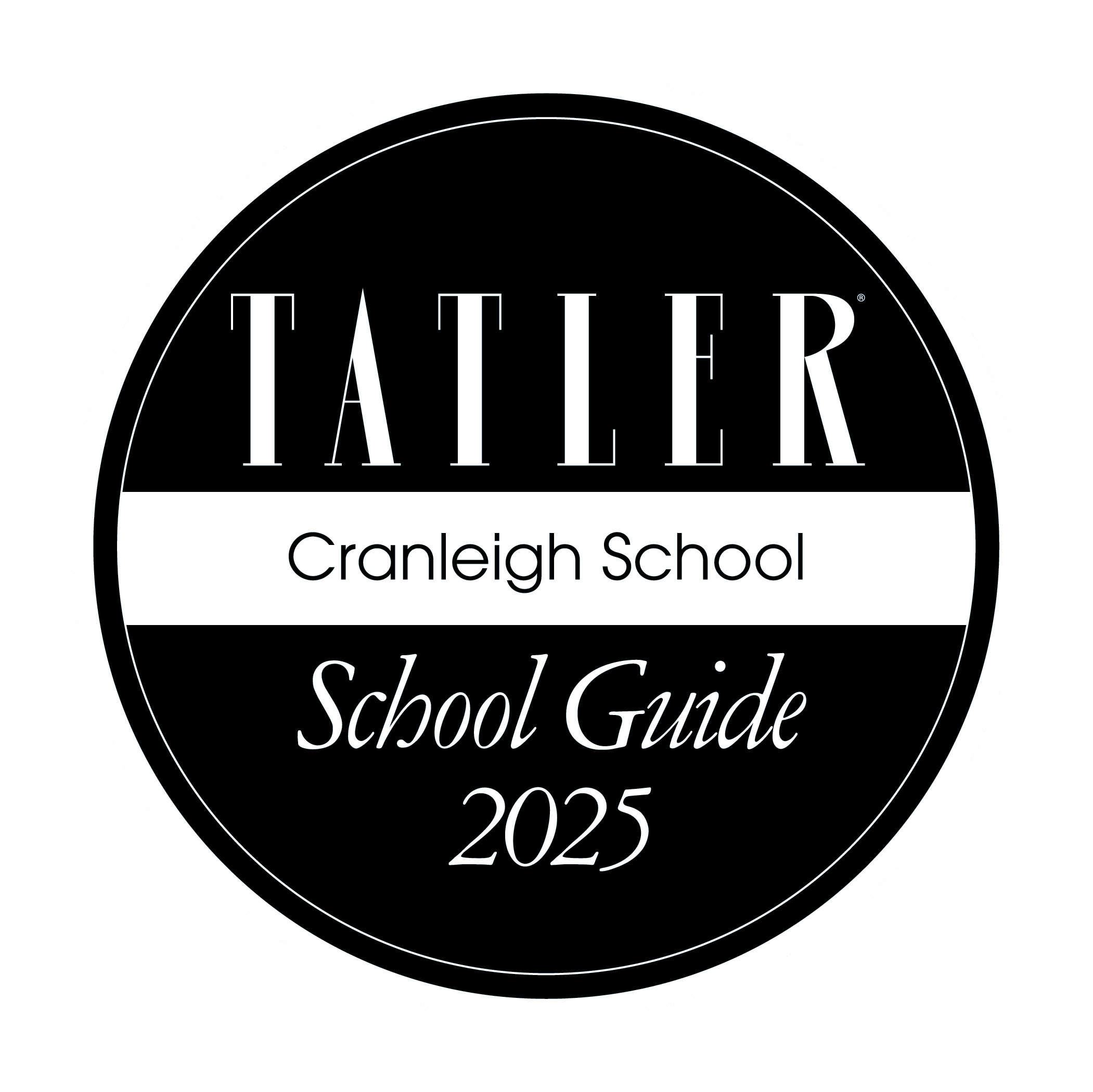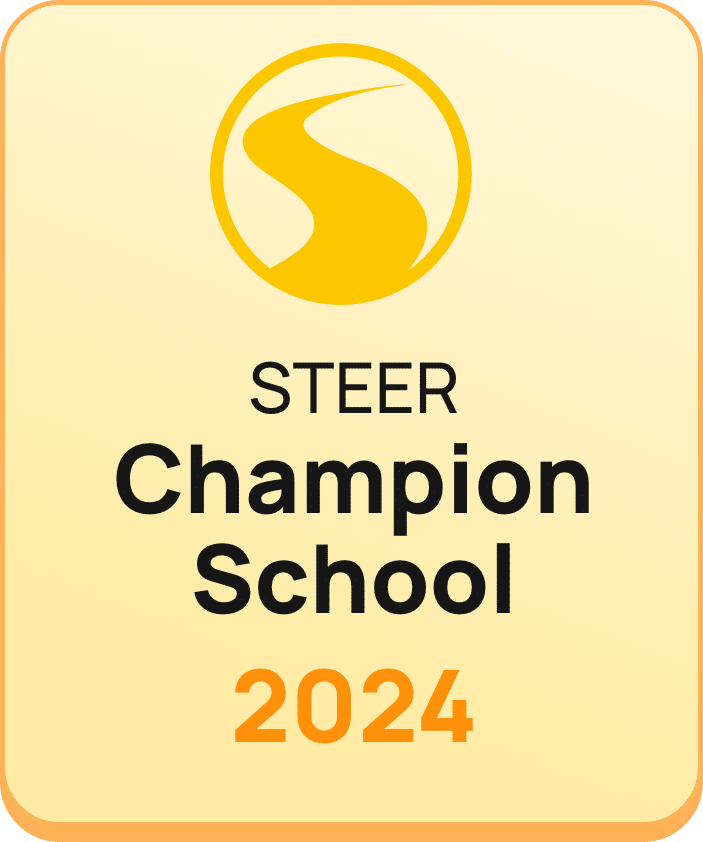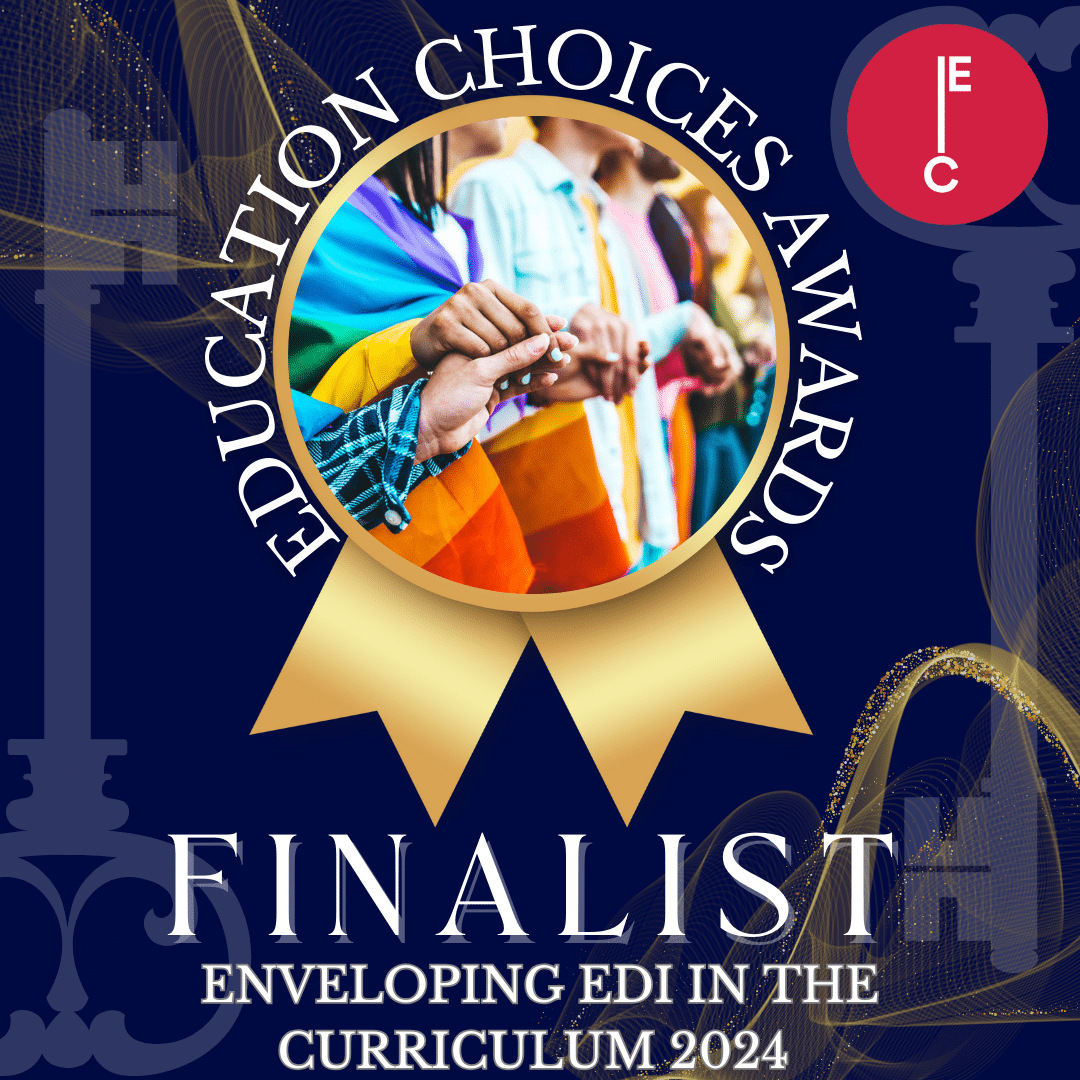One of Cranleigh’s distinguishing features is how busy life is here. In part, that’s because of the extraordinary range of sporting, musical and dramatic opportunities we offer. But academic life outside the classroom also features a packed schedule too – as one 24-hour period last week demonstrated beyond doubt.
Events kicked off on Thursday evening with a Purvis Society lecture from Simon Blackburn, Emeritus Professor of Philosophy at the University of Cambridge, who addressed an audience drawn from all year groups on the question of whether science can tell us the difference between right and wrong. In a talk which acted as an introduction to the field of ethics for some, and which extended the existing ethical knowledge of others, Prof Blackburn asked us to consider questions about the nature of science, our own moral responsibilities, and the efficacy of any scientific effort to measure happiness. A debate ensued in the post-talk questions and continued into dinner with the Sixth-Form scholars, where Prof Blackburn expanded on his ideas with a more technical explanation of his system of virtue ethics, continuing to be pressed by our students on this topic until late into the evening. The members of the Sixth Form Socratic Society will pick up these ideas for further structured debate at their meeting next week.
The next day over Junior Lunch, the Lower Fifth scholars and exhibitioners heard from Dr Dan Hogg, the Head of Classics, on the topic of the nature of history. Presenting the students with arguments from Aristotle concerning the alleged superiority of poetry to history, the scholars discussed whether this was really true – with the occasional interjection from the Head of History – before considering Thucydides’ practice of history-writing and whether it could be said that historical enquiry has progressed since the Classical era. The fundamental questions Dr Hogg brought to the discussion were investigated but not resolved; they will be explored further – and potentially some conclusions reached – at next week’s meeting.
A few moments after the conclusion of Dr Hogg’s seminar, during Senior Lunch, a group of Sixth-Form historians and a handful of teachers gathered for a meeting of the Knoller History Society. Over fish and chips, Mr Tom Leeke, one of our history teachers and a former Guards officer, delivered an illustrated talk on the military operations of 1941, part of a series of Knoller Society talks on the Second World War. We were treated to an explanation of the importance of the invasions of Crete and Greece, and instructed not to neglect the significance of the fighting in Syria and its impact on the eventual failure of the German invasion of the USSR – Operation Barbarossa – launched in June 1941. Mr Leeke concluded his address with the Germans having been repulsed – but only a little – from the gates of Moscow. Next week’s meeting is entitled ‘The Allies strike back’.
After an interlude for the final of the House Challenge competition (Loveday v Cubitt, won narrowly this year by Cubitt), it was time for the evening meeting of the Blaker Society for the history of art, convened by Mr David Vaiani. In the second of his talks giving an account of all the greatest works in western art, Mr Vaiani focussed on the High Renaissance, talking in detail about the works of Leonardo, Raphael and Michelangelo, with backward glances being made to the work of Giotto (covered in the previous meeting of the society). The next Blaker Society meeting will be after half-term, on the Baroque.
Probably thankfully, not all days at Cranleigh are as busy as this. But, on the other hand, these society meetings don’t cover the full range of intellectual opportunities open to Cranleighans out of lessons – there was no student-led discussion, for example, or meeting of our Junior Socratic Society. But these absences will be remedied over the next week.
Back to all news